News

Research aims to address a critical bottleneck in the production of mRNA therapeutics.

Two RPI researchers, Ge Wang, Ph.D., Clark & Crossan Endowed Chair Professor and director of the Biomedical Imaging Center at RPI, and Fudong Han, Ph.D., associate professor and Priti & Mukesh Chatter '82 Career Development Chair, have earned a spot on Clarivate’s 2025 Highly Cited Researchers list.
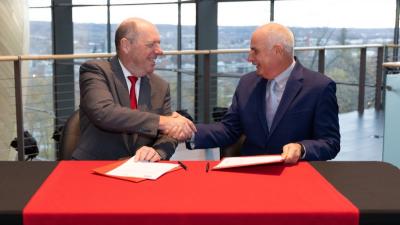
By creating and implementing new educational, engagement, and research opportunities for students and faculty, RPI and GF are driving semiconductor innovation and producing the next generation of leaders in the semiconductor industry.

Rensselaer Polytechnic Institute (RPI) mechanical engineering alumna Clare Severance ’18 has been honored with a place on the 2025 Society of Manufacturing Engineers 30 Under 30 list.
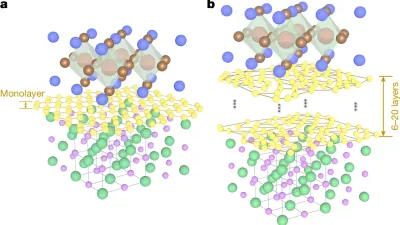
A team led by researchers at Rensselaer Polytechnic Institute (RPI) has made a breakthrough in semiconductor development that could reshape the way we produce computer chips, optoelectronics and quantum computing devices.
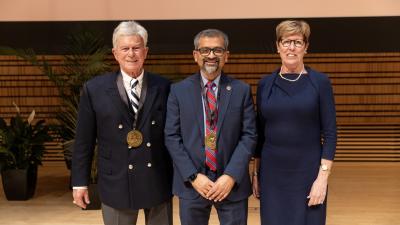
Rensselaer Polytechnic Institute (RPI) recently held an Investiture ceremony to formally recognize Shekhar Garde, Ph.D., as the Thomas R. Farino, Jr. ’67 and Patricia E. Farino Dean of the School of Engineering, a significant moment for the Institute that will strengthen engineering at RPI across education, research, and the student experience.
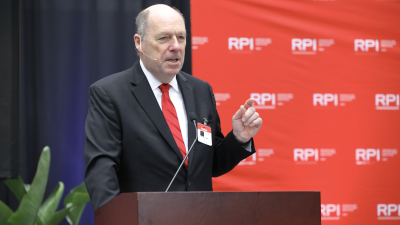
Rensselaer Polytechnic Institute (RPI) has launched the Semiconductor CoLab at NY Creates' Albany NanoTech Complex, establishing a dedicated 6,000-square-foot facility designed to advance semiconductor research and strengthen academic programming in microelectronics. The facility positions RPI as a key contributor to the nation's semiconductor research infrastructure.
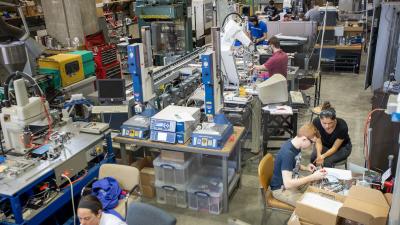
Event will showcase the future of manufacturing education, research, and career opportunities at the nation’s first technological university

Shaowu Pan, Ph.D., assistant professor of mechanical, aerospace, and nuclear engineering at Rensselaer Polytechnic Institute (RPI), has recently received two prestigious awards recognizing his work to solve some of engineering’s most difficult challenges.

Todd Przybycien, Ph.D., professor of chemical and biological engineering at RPI, has been named head of RPI’s Howard P. Isermann Department of Chemical and Biological Engineering (CBE).
